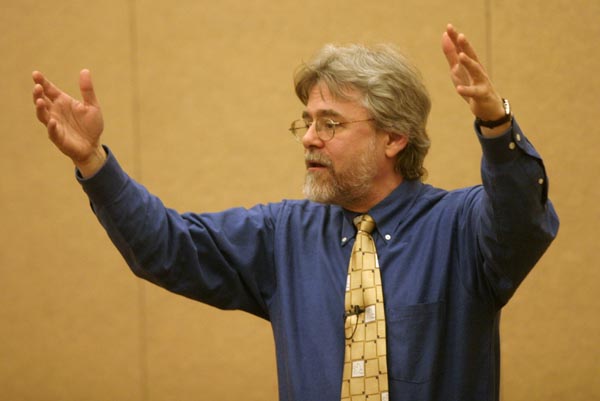Athanasius, Owen, Machen
Contending for Our All: Defending Truth and Treasuring Christ in the lives of Athanasius, John Owen and J. Gresham Machen is a great book on why we must sometimes take a vital stand to defend orthodox theology. I will admit that I sometimes worry that the ever passionate Piper sometimes verges on being to self-assured of his positions, too bombastic, too strong. But, as I have often said as I commend his many books, it is rare to find such generous care, pastoral desire, clear joy and a strong call to sacrifical service. If he errs on the side of being too sure of his views, my hunch is that it doesn't matter too much---most of us will only apply a portion of his teachings, anyway. So even if he overstates a bit, I love and respect and have been helped by his solid guidance and Christ-centered passion.
Readers of my blog or monthly column know that I enjoyed and had sympathies with McLaren's Generous Orthodoxy so you might understand that I worried whether Piper would be promoting harshness or needlessly strict dogma. I was happy that he addressed this on the very first page. Here, he starts off his study of the fight for orthodoxy by insisting that we ought not be prideful, but humble. It is a paragraph worth reading slowly:
Some controversy is crucial for the sake of life-giving truth. Running from it is a sign of cowardice. But enjoying it is usually a sign of pride. Some necessary tasks are sad, and even victory is not without tears---unless there is pride. The reason enjoying controversy is a sign of pride is that humility loves truth-based unity more than truth-based victory. Humility loves Christ-exalting exultation more than Christ-defending confrontation---even more than Christ-defending vindication. Humility delights to worship Christ in spirit and truth. If it must fight for worship-sustaining truth, it will, but that is not because the fight is pleasant. It's not even because victory is pleasant. It's because knowing and loving and proclaiming Christ for who he really is and what he really did is pleasant.
I learned quite a bit about all three of the characters in each of the three chapters. I had no idea that the Council of Nicea (325) created such ugly battles in the generation following its formulation of Christ's divinity. Although an Egpyptian Bishop and Middle Eastern theologian, Athanasius was most beloved as a pastor; I had no idea how he suffered exile and how his flock cared for him. (The famous desert fathers and mothers cared for him, too, a fascinating sub-plot of its own.)
John Owen, too, the 17th century British Puritan, was a serious scholar who took a firm stance for a high view of Christ and his saving work, and his writings propelled him into international politics. (Local Pennsylvania tidbit: William Penn studied under Owen and learned of religious toleration from him) He is the giant of Puritan theology, a dense and deep writer, yet all the while sweetly communing with the Christ that he theologized about.
And Machen. What a character, ceaseless in his reasonable defense of historic faith amongst those that denied the classic forumaltions and truths (you know, little stuff like the bodily resurrection.) Piper's take on him--including some concerns and questions--was very moving for a Presbyterian like me. Machen was kicked out of the church and left his position at Princeton, yet turned down opportunities to teach at more fundamentalist institutions. How he helped evangelicalism grapple with the forces of modernity---between the extremes of liberalism and fundamentalism--is as relevant now as in the middle days of the 20th century.
All of the Swans books are worth having. This one struck me as very relevant, illustrating Piper's passion for truth, his conservative bias in standing for traditional theological forumulations (it is no surprise he takes a shot at the emergent folks) and yet his truly kindly writing and desire for grace and peace is evident. He ends, I'm glad to report, with a reflection on a small book that had a huge, huge impact on me years ago: Francis Schaeffer's The Mark of a Christian. There, you should know, Schaeffer, at the height of his work on cultural apologetics, his defense of historic faith admist nihistic existentialism and worse in the 60's, insisted that the final apologetic, the last defense, the truest compelling arguement, was love in the life of the believer. To start a book like this with a mediation on humility and end it on love is as it should be. As is usually the case, Piper gets it right.
Contending for Our All: Defending Truth and Treasuring Christ in the Lives of Athanasius, John Owen, and J. Gresham Machen John Piper (Crossway) $17.99





<< Home